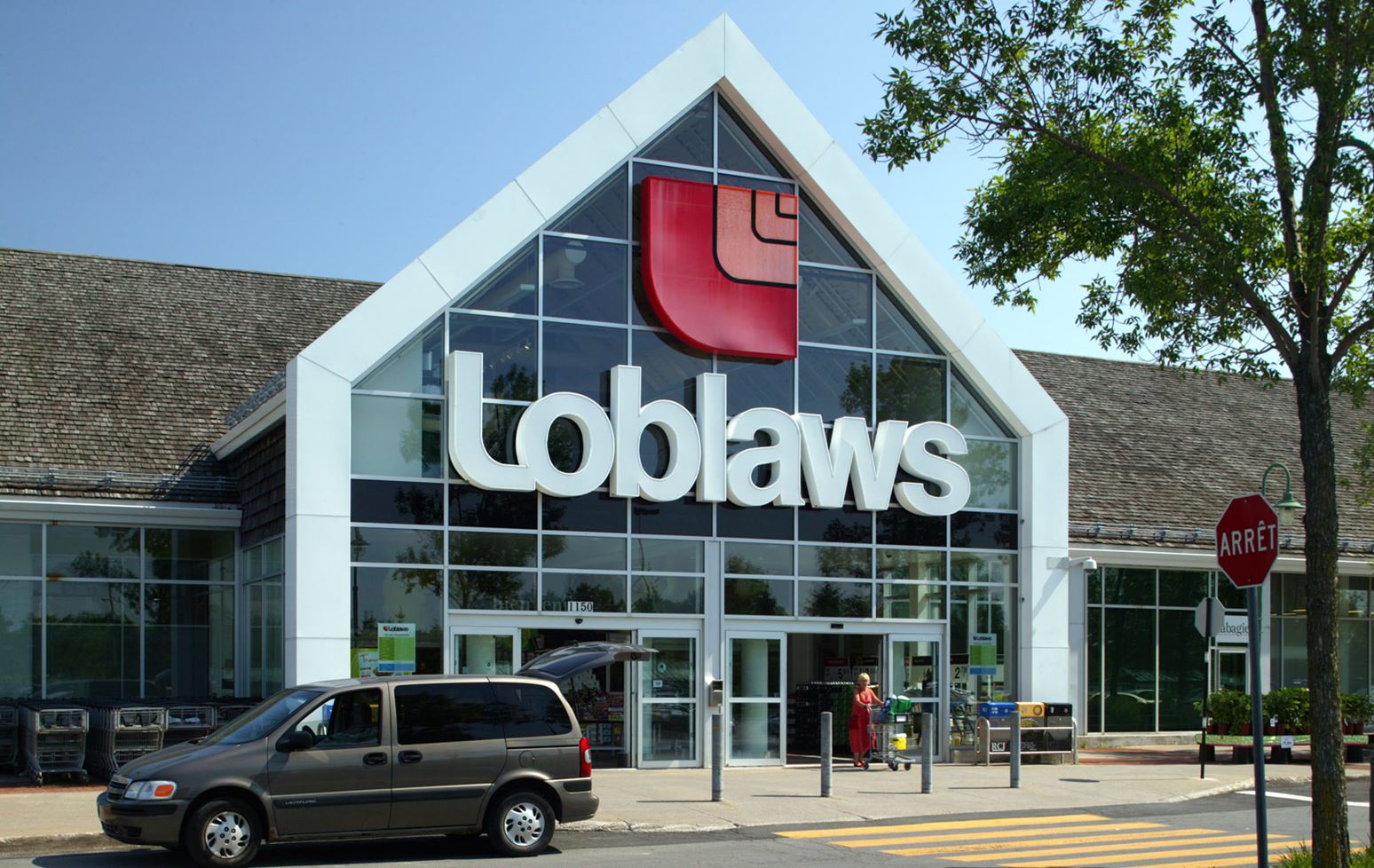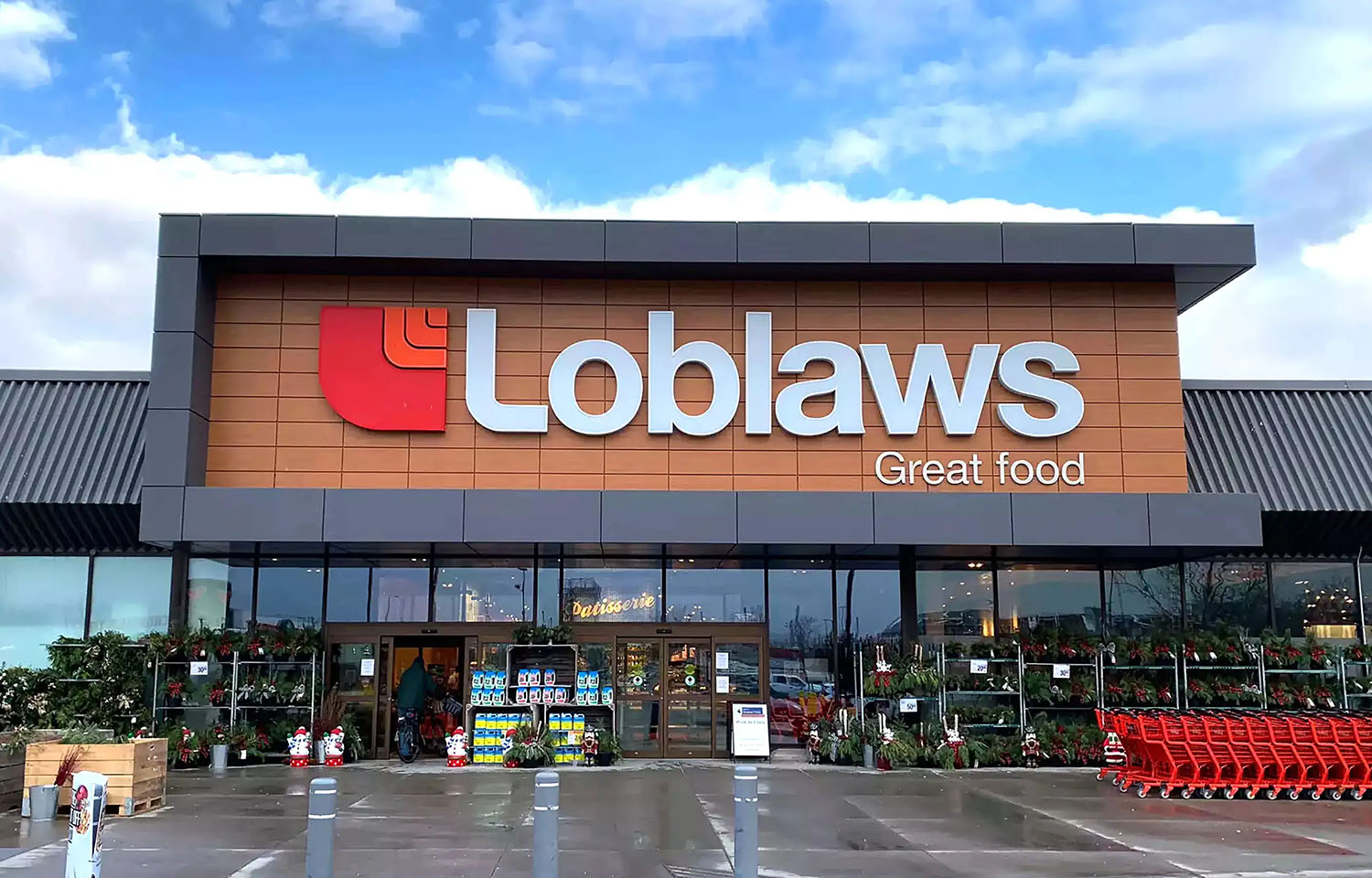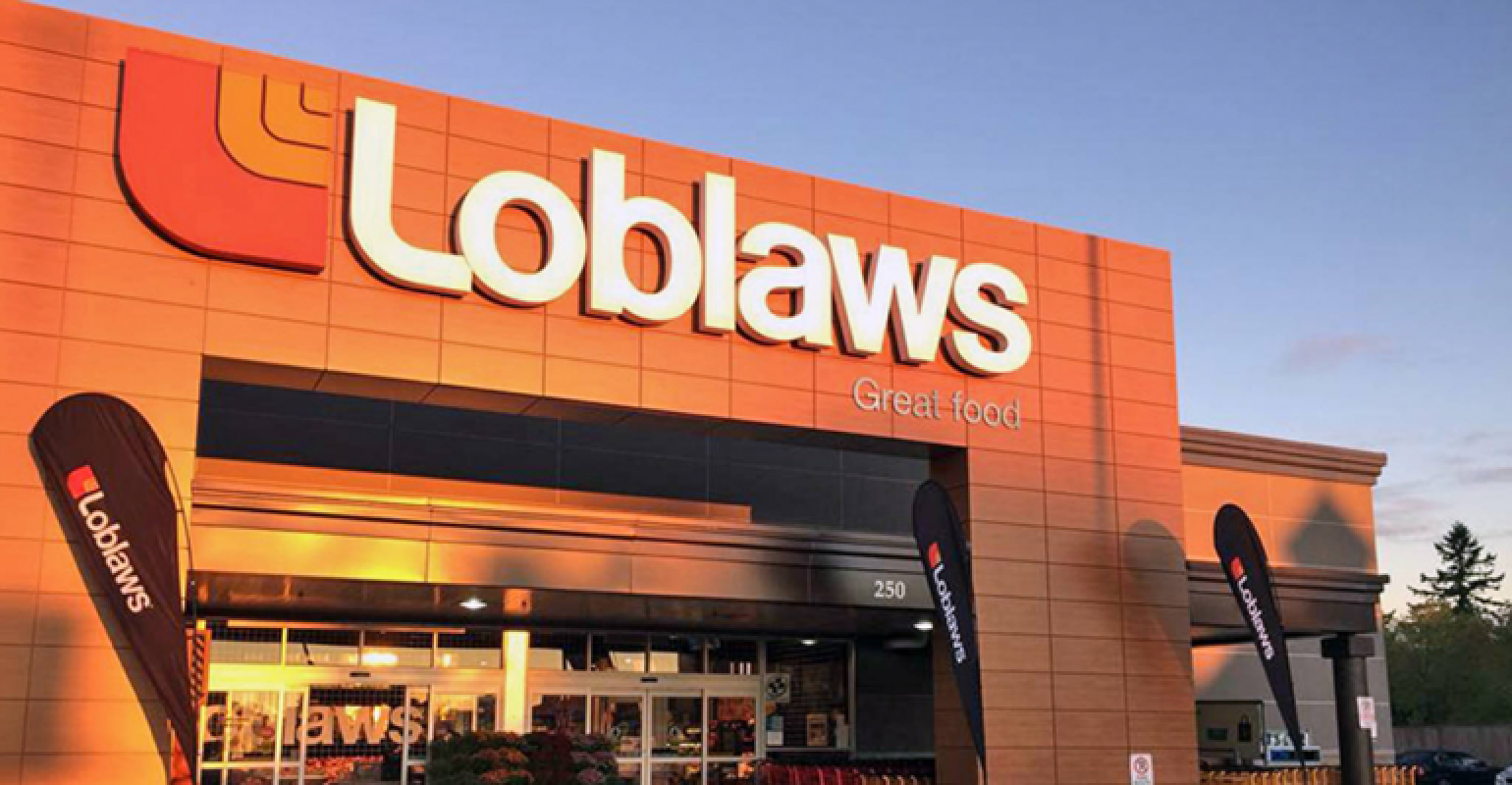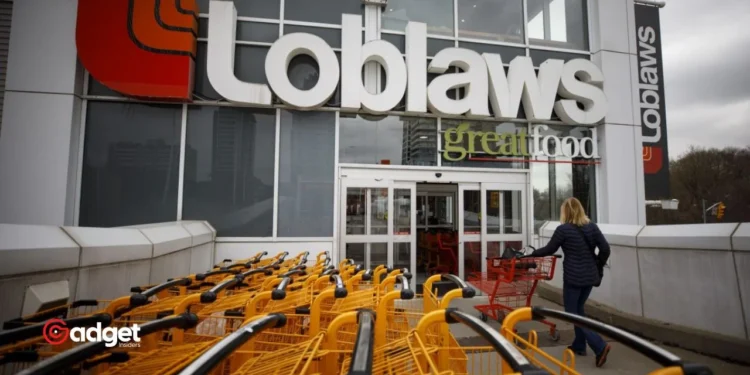In a bold response to soaring food prices and perceived corporate greed, Canadians are increasingly rallying against Loblaws, the country’s largest retail chain, known for its vast network of supermarket brands including Loblaws, NoFrills, and Shoppers Drug Mart. What started as a small Reddit community sharing frustrations about exorbitant prices has blossomed into a significant national movement.
The online forum, “LoblawsIsOutOfControl,” has amassed 88,000 members, many of whom are actively boycotting the retailer. The outrage was particularly ignited by a post showing a C$40.51 price tag for a five-pack of non-organic chicken breasts, emblematic of the price hikes that have left many Canadians dismayed.
Emily Johnson, the Ontario-based founder of the campaign, points out the lack of competitive pricing, stating, “There’s no incentive for Loblaws to keep those prices competitive… You’re going to pay it because you need to eat.”

Corporate Profits vs. Consumer Pressure
As Loblaws continues to report increasing profits and dividends, public resentment grows. The company boasts a vast presence across Canada, claiming that 90% of Canadians live within ten kilometers of one of its outlets. This near-monopoly status, facilitated by numerous buyouts and mergers, leaves consumers with few alternatives, a situation that Johnson criticizes heavily.
The contrast is stark against the backdrop of a weakening Canadian dollar and a 21.4% spike in food prices from April 2021 to April 2024. Adding fuel to the fire, advertisements featuring Loblaws’ chairman, Galen Weston, as an “everyman” have sparked further backlash.
Critics argue that Weston, born into an affluent retail family and a former resident of the historical Fort Belvedere in Windsor, hardly represents the average Canadian struggling with grocery bills.

The Impact of the Boycott at Loblaws
Despite the company’s silence on direct requests for comment regarding the boycott, the movement’s persistence indicates a strong community drive. Johnson, who also works as a mental health and addiction worker, exemplifies the personal toll, having spent hundreds of her dollars to help feed clients.
“It’s a sad day when Walmart is the hero of a social movement,” she remarked, highlighting the irony of consumers finding better prices at another large multinational. The boycott, which began in May, was initially set for a month but has gained enough traction to continue indefinitely.
As customers explore other shopping venues, including independent stores and big retailers like Walmart, they report significant savings. Anecdotal evidence suggests that this shift is making a difference, although Loblaws’ share price has yet to reflect any negative impact.

A Community’s Stand Against Corporate Dominance
The growing discontent among Canadian consumers reflects a broader issue of corporate responsibility and the impact of retail monopolies on everyday lives. As more Canadians join the boycott and share their experiences, the movement underscores a powerful message: consumers are not powerless.
Through collective action, they are challenging a retail giant and advocating for fair pricing and corporate accountability in an era of rising living costs.










